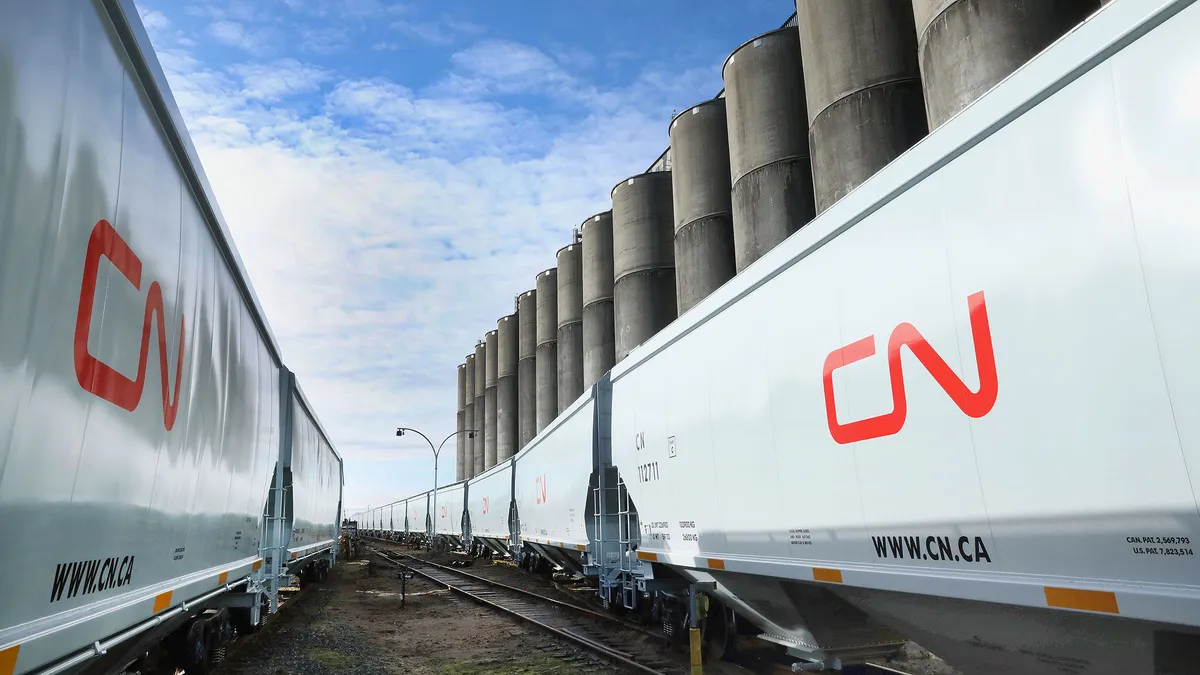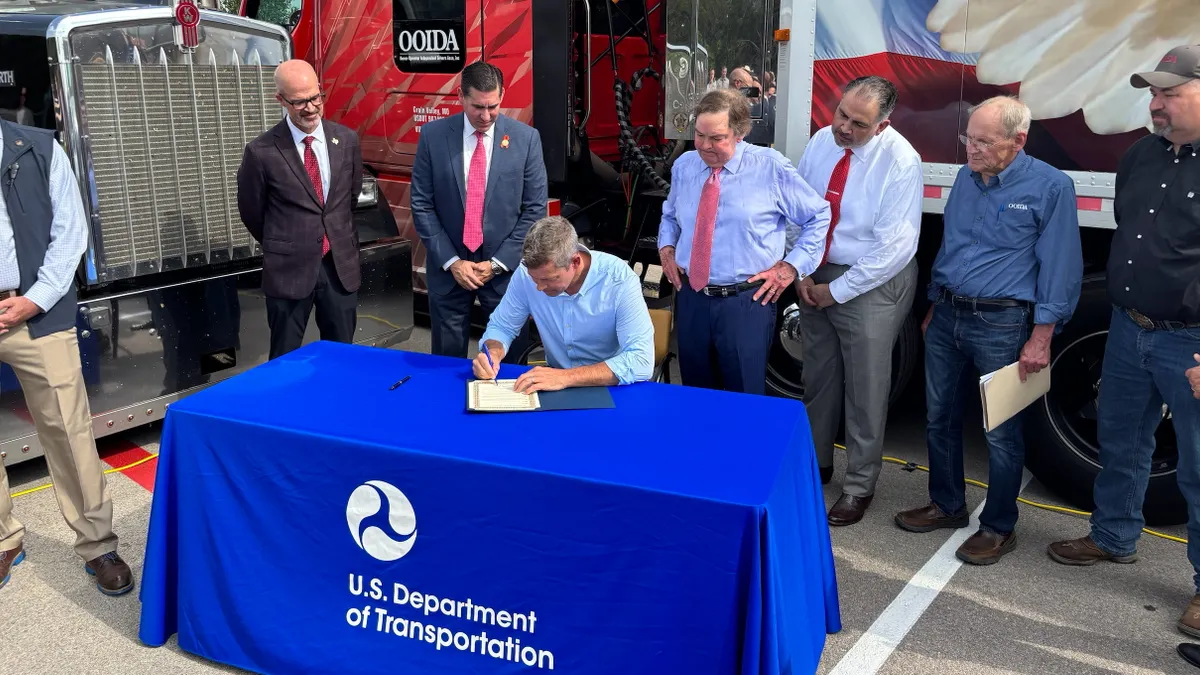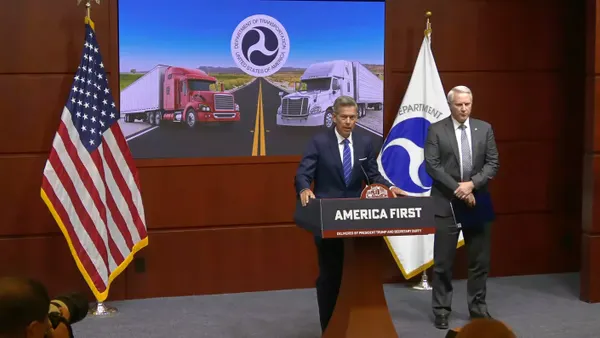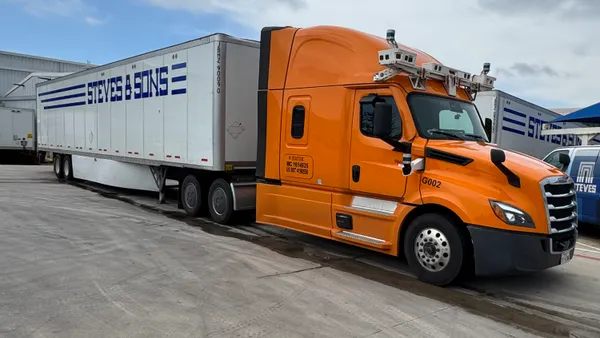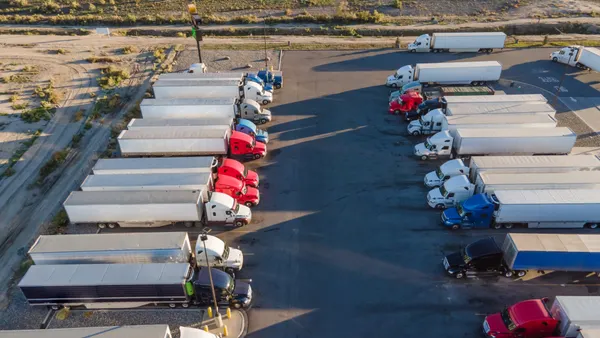The Teamsters Canada Rail Conference is challenging a government binding arbitration order that ended a brief lockout of union workers and got Canada’s main rail carriers running again on Monday.
The legal challenge does not supersede the Canada Industrial Relations Board’s action from last week, a spokesperson for the board said in an email to Supply Chain Dive Friday. The board’s decision enforced an Aug. 22 request from Canada’s Minister of Labour and Seniors Steven MacKinnon. In the order, MacKinnon directed the CIRB to impose final binding arbitration to get union rail employees back to work and Canadian National Railway and Canadian Pacific Kansas City operational by Aug. 26.
In the union’s court filing against Canadian National dated Aug. 29, the labor group said action by the CIRB “failed to provide adequate procedural fairness to the TCRC before issuing the CIRB decision and CIRB order,” adding that the CIRB’s interpretation of Canadian labor codes “is unreasonable.”
The union — which represents about 6,000 Canadian National workers and 3,300 at Canadian Pacific Kansas City — in an emailed statement to Supply Chain Dive Friday said government action stripped the labor group of its right to collectively bargain.
“Without it, unions lose leverage to negotiate better wages and safer working conditions for all Canadians,” said union spokesperson Christopher Monette.
The union said previously it would comply with the government’s return-to-work order but would appeal the directive. Canadian National and CPKC said they would comply with the order as well. The government’s intervention prevents further labor disruption through a work stoppage or lockout.
Canadian National in an emailed statement Friday said it would have preferred a negotiated settlement with the TCRC.
“Arbitration is a neutral process that is agnostic to outcome; it does not favour one party over another,” a Canadian National spokesperson said. “It is specifically designed to break an impasse, and in this case to prioritize the safety and economic security of all Canadians.”
A CPKC spokesperson declined to comment when reached by Supply Chain Dive on Friday.



